How To Not Fail An Audit On Your Company’s Health And Safety Protocols
The MaskFit Plus team has been made aware that many companies have been failing to meet their workplace mask fit testing regulatory requirements. We’ve recently heard from a number of businesses that have received surprise visits from the Ministry of Labour, Immigration, Training and Skills Development.
Working on behalf of both employers and employees, the Ministry of Labour works to establish and enforce employment standards; prevent workplace injuries, illnesses and deaths; and handle workplace disputes in Ontario. Appearing on site to conduct a personal protective equipment (PPE) audit, the Ministry Of Labour looks to ensure proper use of such items as gloves; safety glasses and shoes; earplugs or muffs; hard hats; coveralls, vests and full body suits; and N95 masks and respirators.
What does a PPE audit entail?
A Public Health Ontario informs, a PPE audit involves the direct observation of PPE use and comparison to best practices for the safe, effective use of PPE. Taking a look at the way people put on, remove and dispose of their PPE is often part of the practice.
PPE audits are performed to identify and correct gaps or barriers to compliance that can lead to the transmission of infection. This is especially important in medical settings where the health of both patients and staff members is of paramount importance. An auditor’s job is to verify that procedures and/or standards of practice are being followed and an action plan is in place to improve practice. He or she can also assist with the planning and evaluation of training and education programs.
What is the importance of wearing a reusable respirator or N95 masks on a job-site?
We would argue that a reusable 1/2 or full-face respirator or an N or P series mask (ie N95, N100, P100) mask are among the most important pieces of PPE you can wear in any job-site or workplace. These products work to eliminate contaminants from a wearer’s airways. Some companies are finding that their employees aren’t always wearing their PPE when they should be. In other cases, they have workers who don’t have mask fit certifications when wearing (N95, N100, P100, etc) masks or respirators on the job-site. These scenarios, unfortunately puts both the worker at a health risk and the company at a business risk.
It’s important to know that there is a strict facial requirement when wearing PPE. No beards of any length are allowed. Unfortunately there are no exceptions to this requirement. The reason for this is the certification ensures that the mask or respirator properly seals to the face of the wearer. A proper seal prevents hazardous airborne contaminants (chemicals, dust, asbestos, welding vapours, viruses, bacteria, etc) from entering the wearer’s respiratory system. Moustaches are acceptable because these facial hairs do not touch the PPE area of contact on the face.
If you have any employees who refuse to shave, it will present challenges with meeting Ministry of Labour regulations. Please take a look our facial hair infographic to determine whether or not the facial hair of your team members is acceptable for a mask fit certification.
How can MaskFit Plus help your company to pass a health and safety protocol audit?
The MaskFit Plus team performs client onsite Qualitative Fit Testing (QFLT) that is Occupational Health and Safety (OHSA) approved. This 2-year certification program meets the requirement for mask fit testing under the Canadian CSA-Z94 standard (use and care of respirators). We offer mask fit certifications with high-grade medical and industrial grade N95 disposable masks and 1/2 face reusable respirators. As well, we perform fit testing on masks and respirators for corporate clients.
For more information, please don’t hesitate to call us at 289-643-6222. You may also fill out the form on our Contact Us page!
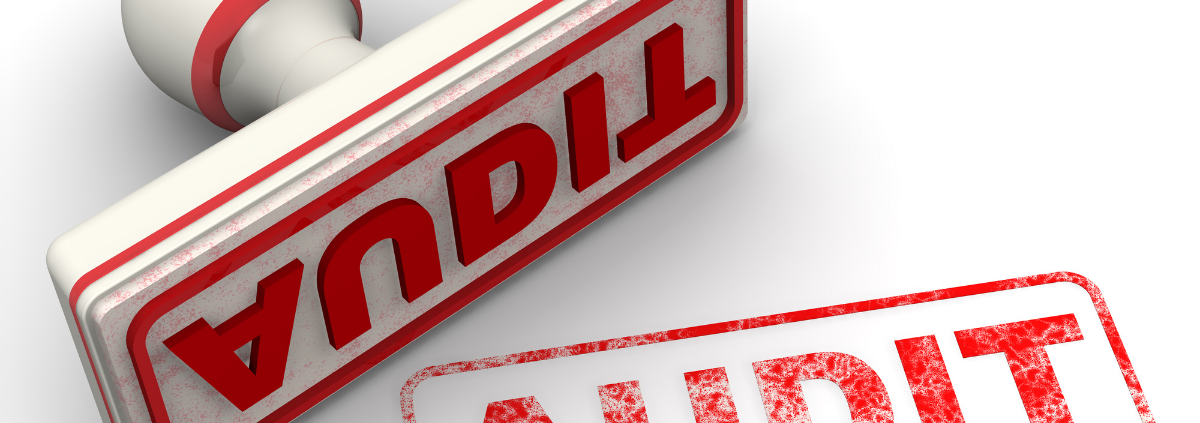

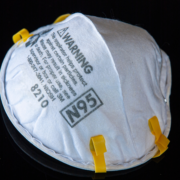
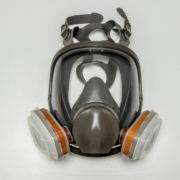
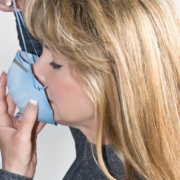
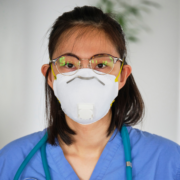




Leave a Reply
Want to join the discussion?Feel free to contribute!